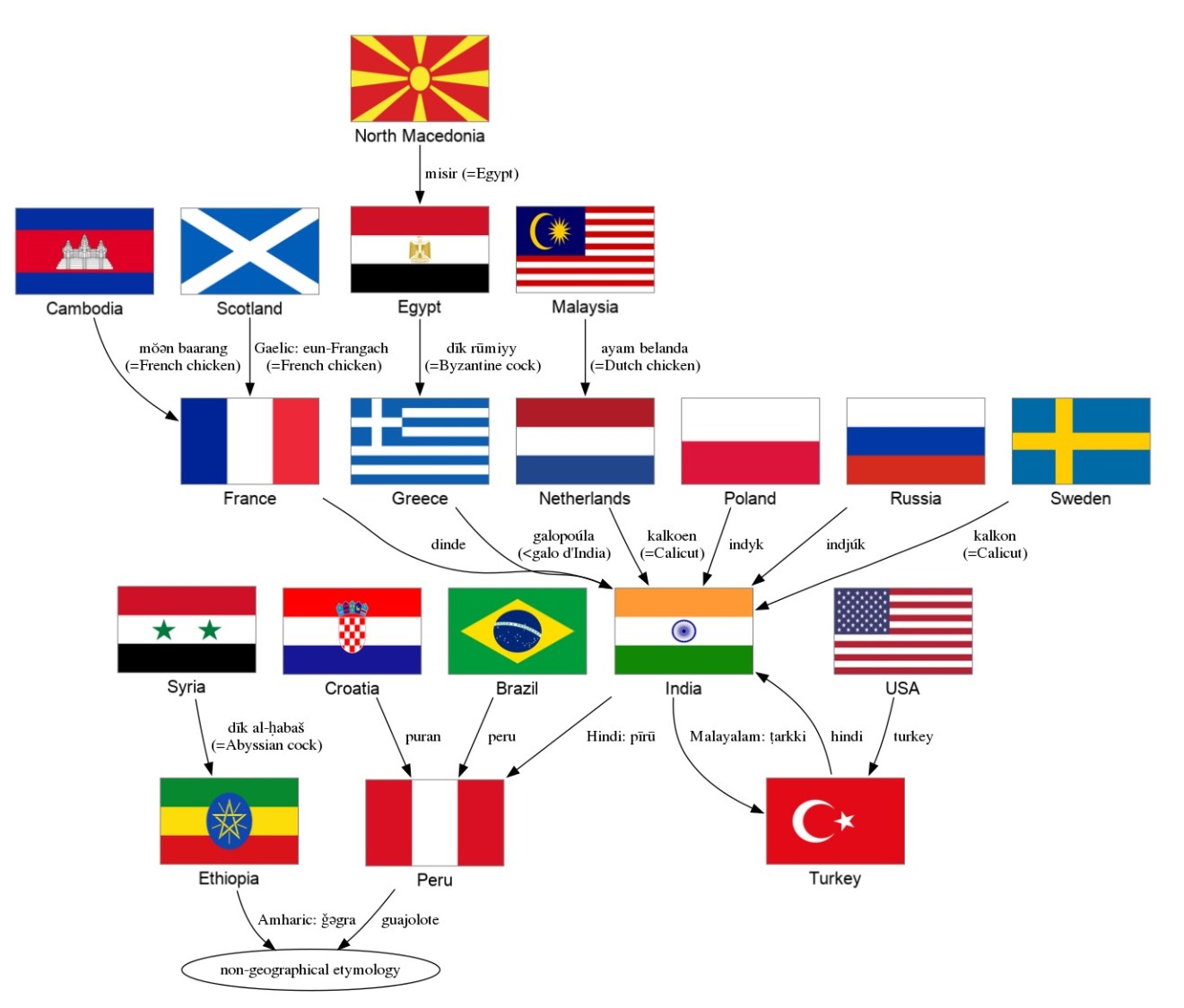Two months after Turkey officially urged the world to start referring to itself as “Türkiye”, no major Western media outlets have changed the naming in their reporting.
Turkish Foreign Minister Mevlut Cavusoglu sent a request to leading international organizations on May 31, asking them to henceforth call the country by its preferred name “Türkiye” rather than “The Republic of Turkey” in English.
The letter, which also included variations of “Türkiye” in French, Spanish, Russian, Chinese, and Arabic, was presented in the press as an outcome of President Recep Tayyip Erdogan’s new rebranding strategy for the country.
“The main reason why Turkey is changing its name is to eliminate the association with the bird,” said Sinan Ulgen, Chairman of Istanbul-based think-tank EDAM, who was quoted by CNN International. “But also, the term is used in colloquial language to denote failure.”
There have been very few instances of a non-Anglophone country telling the English-speaking Western world to pronounce its name with characters not native to the English alphabet, such as the ü, or umlaut.
Only 14 of 42 international outlets adopt “Türkiye”
Turkey’s announcement was also more demanding than previous name changes by other states. For instance, the Czech government officially changed its name to Czechia in 2016, but the country stressed that its former name can still be used.
Despite Turkey’s assertive stance, Western media outlets have not utilized the country’s new name of “Türkiye” in their reporting. Out of 42 English-speaking news outlets from around the world, only 14 started to use the new name, even though 27 had published articles acknowledging Ankara’s request for a change.
No American and European outlets in our list below started to call the country “Türkiye”. Those that implemented the change were outlets from China, Qatar, Libya, UAE, Oman, Jordan, Egypt, Pakistan, India, and Saudi Arabia.
Although English-speaking Turkish outlets TRT World and Hurriyet Daily News have made the change to “Türkiye”, the staunchly pro-government Daily Sabah continues to use “Turkey” in many of its recent articles.
Here is our list:
International organizations like the OECD and the World Bank have formally updated their terminology upon Ankara’s request. International media outlets have more autonomy in choosing how they refer to a country than official governmental bodies, which may explain why only some of them now use the new name. Most news outlets that adopted the change are from the Middle East or Asia, where Ankara enjoys close political relations with many foreign governments.
Chinese outlets, for instance, quickly adhered to the Turkish government’s request, which may be due to a new economic collaboration between the two nations. Ankara and Beijing, the latter of which imposed even stricter control over the media, have become closer in the last few years. In 2021, China was Turkey's largest import partner and supplied millions of COVID-19 vaccines to Turks, and Ankara is a partner of Beijing’s Belt and Road initiative.
(Edited by William Diep)








